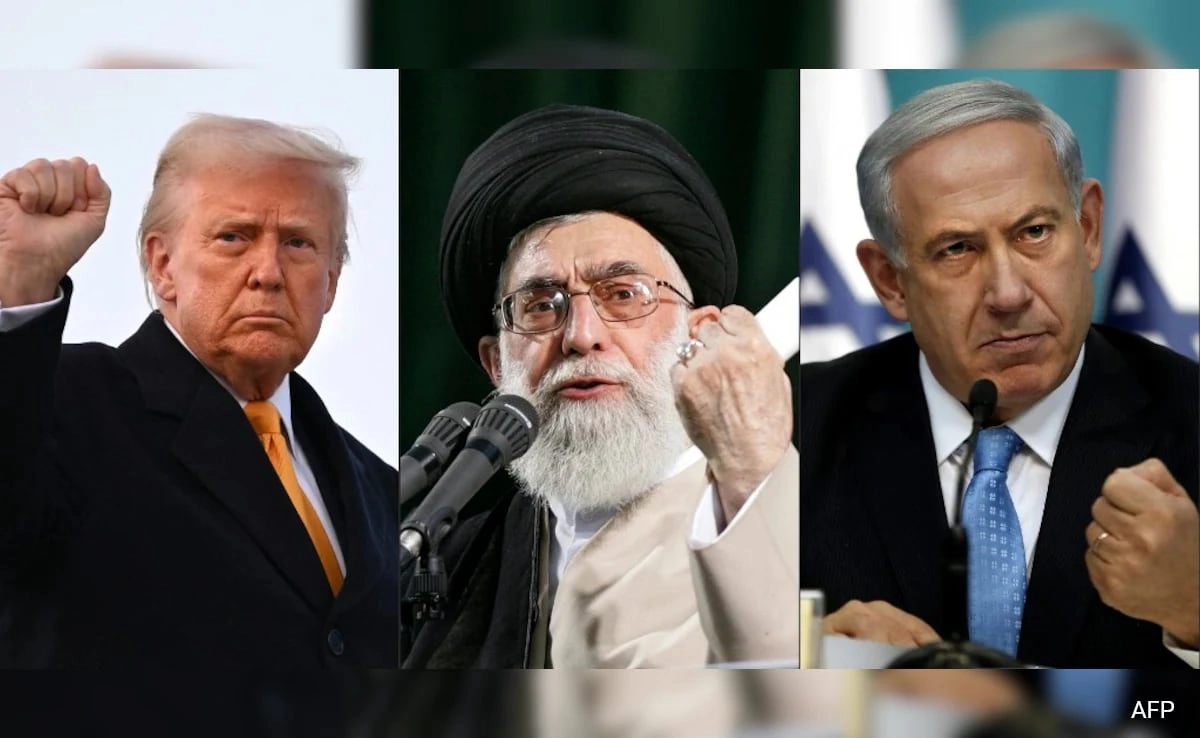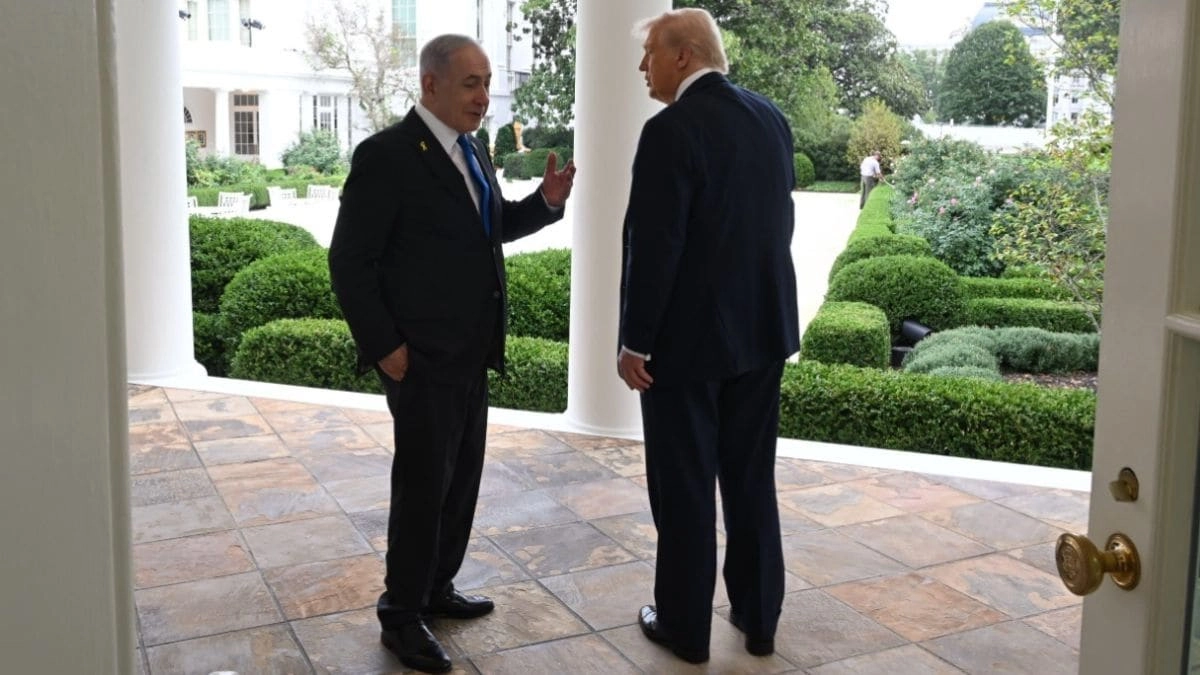In a significant and alarming statement, Iran’s top cleric has issued a fatwa targeting former U.S. President Donald Trump and Israeli Prime Minister Benjamin Netanyahu, declaring that they must “make them regret” their actions. This declaration underscores the ongoing tensions between Iran and the United States, as well as Israel, particularly in light of recent geopolitical developments. The fatwa not only highlights the cleric’s condemnation of the two leaders but also reflects a broader sentiment of hostility within Iran towards their policies and actions in the Middle East, especially in relation to Iran’s nuclear ambitions and its support for various militant groups in the region.
The issuance of such a fatwa is significant, as it carries considerable weight in Iranian society, where religious leaders wield a substantial influence over public opinion and state policy. The cleric’s statement can be interpreted as a call to action for Iranian citizens and military forces, potentially inciting further hostilities in an already volatile region. Given the historical context of U.S.-Iran relations, which have been fraught with conflict since the 1979 Iranian Revolution, this pronouncement serves to reinforce existing narratives of enmity between the two nations. In particular, Trump’s administration’s withdrawal from the Iran nuclear deal and the subsequent sanctions imposed on the country have exacerbated these tensions.
Furthermore, the fatwa may be seen as a response to perceived threats from both the U.S. and Israel, particularly in light of military operations and intelligence activities that target Iranian interests. The rhetoric surrounding this fatwa demonstrates the cleric’s intent to galvanize support among hardline factions within Iran, as well as to send a clear message to external adversaries. This kind of religious and political mobilization could lead to heightened military posturing or even direct confrontations, as factions within Iran may feel emboldened to act on the cleric’s call.
As the world watches these developments, it becomes increasingly clear that the geopolitical landscape in the Middle East remains precarious. The ongoing rivalry between Iran and Israel, coupled with the United States’ involvement in the region, creates a complex web of alliances and hostilities that could have far-reaching consequences. The cleric’s fatwa serves as a reminder of the potential for escalation, especially if leaders on either side choose to respond aggressively to perceived provocations. In a time when diplomatic solutions seem more critical than ever, such incendiary statements can undermine efforts to foster dialogue and peace in a region long plagued by conflict.




